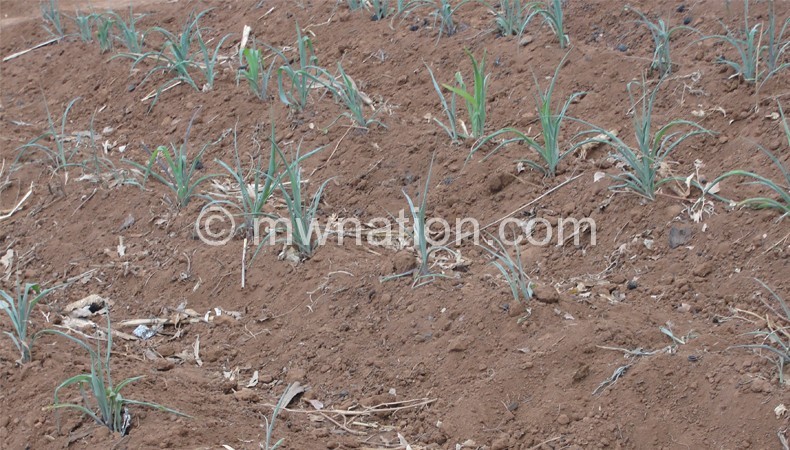Mvac rates food shortage worst in 8 years
This year’s food shortage is the worst the country has experienced in eight years, the Malawi Vulnerability Assessment Committee (Mvac) has said.
The committee, which comprises government ministries and departments, international non-governmental organisations (NGOs) and United Nations agencies, has been assessing levels of access to food and cash and the capacity for communities to cope for many years.
Mvac principal economist Richard Kajombo told the Parliamentary Committee on Agriculture last week that as maize production has been dwindling from 3.2 million metric tonnes (MT) in the 2007/08 season to 2.7 million MT this season, the number of people affected has grown even more exponentially.
In 2007/08, Mvac found that the number of people affected stood at 63 234 and required maize equivalent of 610MT, but this number grew to 613 291 the following season. This was against the background of provision of subsidised fertiliser and maize seed to over 1.5 million farming families.
Said Kajombo: “The number of people affected by hunger has gone up in 10 years. This year’s is the worst and highest for the past 10 years. The maize deficit is even higher.”
This means that the number of people going hungry, with an intake of about 2 100 kilocalories a day, has been growing with no difference in interventions from government.
According to Mvac assessments, surplus maize production has not made a difference in the number of people affected by food shortages as evidenced by figures of the past two seasons.
In 2013/14, 3.6 million MT of maize was harvested, but 1.8 million people needed food aid.
The following season, there was a maize production surplus of almost one million MT, but 1.3 million needed food or monetary handouts.
This year, some districts in the Southern Region which were affected by floods will have a food deficit of five to six months, according to Mvac.
Kajombo said the number of people Mvac has found will have food shortages are the worst affected.
Mvac has attributed the growing number of food insecure people to hazards such as floods and hailstorms which affected maize production.
There is likelihood that the number of people going hungry could increase even further in the coming season. In view of this, Mvac has recommended to government to come up with long term solutions to address food insecurity problems apart from providing short term food handouts which do not last. n






